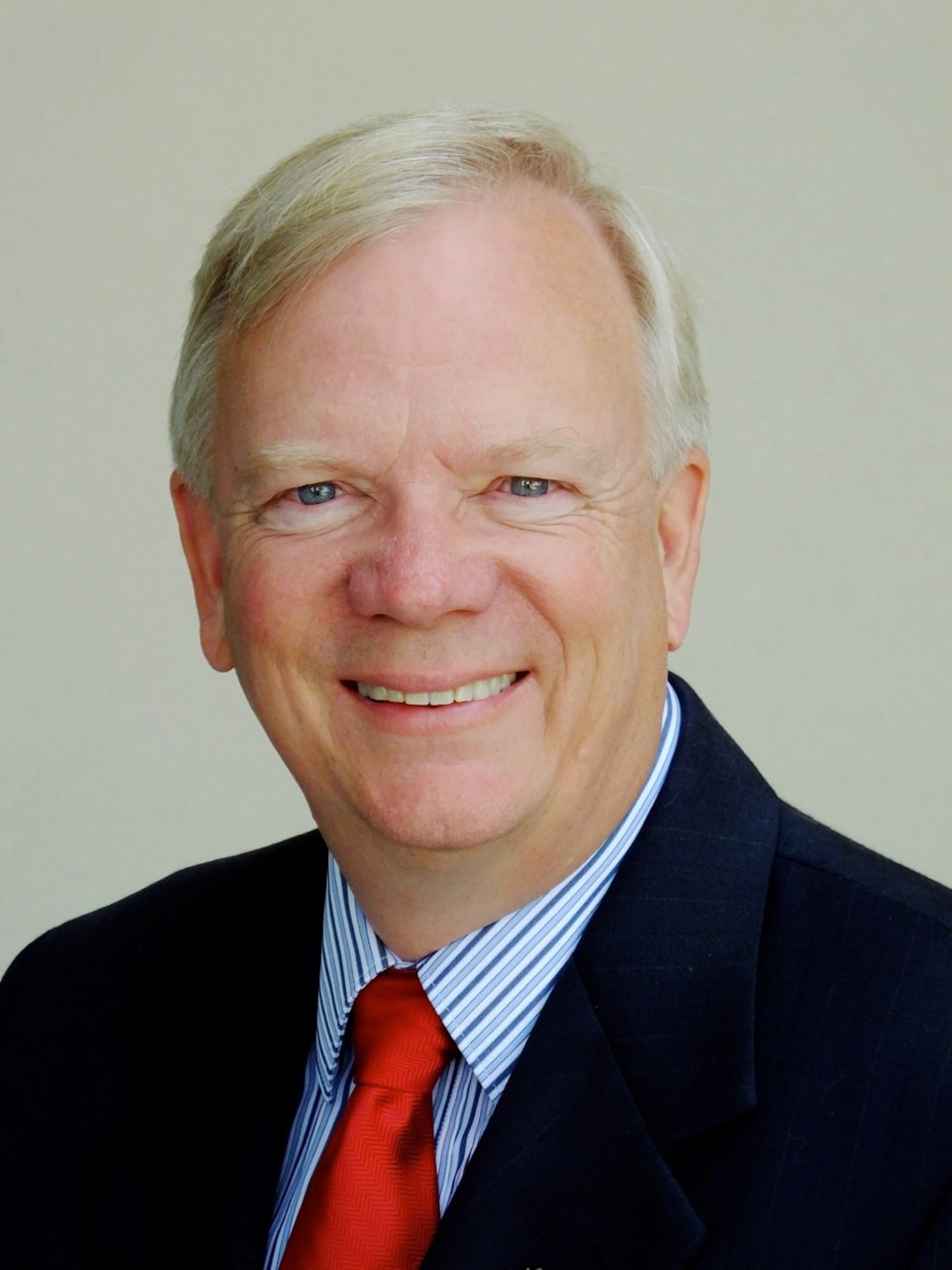 Back in the 2011 federal election, the Liberals ran a candidate named Renée Hetherington.
Back in the 2011 federal election, the Liberals ran a candidate named Renée Hetherington.
The North Saanich woman was a respected scientist who spoke at international conferences, the author of books related to climate change, and the owner of a geological management consulting business. When she spoke about the muzzling of federal government scientists, her eyes flashed with indignation. Politicians have the right to make political decisions based on the scientific information they receive, but not to suppress the information itself.
Unfortunately for Hetherington, she was running in the same riding as Green Party Leader Elizabeth May and Conservative cabinet minister Gary Lunn. Her voice was lost in the din. She got buried on election day, earning just six per cent of the vote.
This time, the Liberals have another similarly motivated candidate. North Island-Powell River’s Peter Schwarzhoff spent 30 years as a scientist with Environment Canada.
He says he was driven to politics in part by the muzzling of scientists and the defunding of a couple of programs in which he was involved: one provided data crucial to environmental assessments, and the other did research that gave communities better information when deciding how to adapt to climate change — bigger storm drains, that sort of thing.
The opposition thinks this should be the Conservatives’ Achilles heel, the confluence of their most glaring weaknesses: a Machiavellian grip on the flow of information, a lack of tolerance for dissent, the suppression of scientific evidence that clashes with policy, and a dismissive attitude to environmental science in general as some sort of job-killing aromatherapy hippie crap.
Sure enough, all these charges came up at a science-and-environment-focused candidates forum in a jam-packed Esquimalt United Church on Tuesday night.
Aside from the part where the cops got called after the Communists loudly protested their exclusion from the debate, it was a predictable affair, with the New Democrats and Liberals doing their best to out-green the Greens and each other. (“You promise an independent federal science commissioner? I see your commissioner and raise you the rehiring of thousands of fired scientists.” “Then I promise to make all federal science available online.”)
The Esquimalt-Saanich-Sooke Conservative candidate, Shari Lukens, wasn’t there, just as the Conservative candidates haven’t been there at any of the three previous Victoria-area forums co-sponsored by the Dogwood Initiative and the B.C. Sustainable Energy Association.
That’s too bad. All parties have candidates who need to be kept out of the public eye for good reason (they’re nuts), but Lukens isn’t among them; she’s perfectly capable of articulating her party’s policies and defending its record.
Maybe it wouldn’t have been a fun ride — it never is for the governing party, particularly when the crowd tilts to the other side — but when candidates don’t show up to answer the tough questions, it looks like they’re chickening out.
Will all this hurt the Conservatives? Probably not. The science brouhaha is just another wedge issue where they’re singing from one song sheet and the opposition parties are doing three-part harmony from another.
On Wednesday, Tom Mulcair promised the NDP would “remove the muzzle from Canadian scientists.” The Greens’ May quickly endorsed his statement. That followed Justin Trudeau’s Sept. 25 open letter to public servants promising the Liberals would restore the ability of scientists to speak freely about their work (that’s to speak about their research, not to argue policy).
But really, should this be a partisan issue? The silliness resulting from the information squeeze has been hard to defend. (Note that when The Canadian Press asked to interview a Nanaimo scientist about his breakthrough research into the algae known as “rock snot,” the request fell on deaf ears. It was later found that the request set off a tornado of activity, as 16 communications operatives wrote 110 pages of emails as they sought to fashion an approved message for the scientist to parrot. Alas, the story of his breakthrough ended up being published without his input.)
Meanwhile, the University of Victoria’s Environmental Law Centre is still waiting for a report from federal information commissioner Suzanne Legault, who agreed in 2013 to investigate the limitations placed on scientists.
“We’re a bit puzzled. We’re 21⁄2 years in,” Calvin Sandborn, the UVic centre’s legal director, said Wednesday.
Sandborn wishes Canada’s government was more like that of the U.S., where the policy is simply to default to openness.



